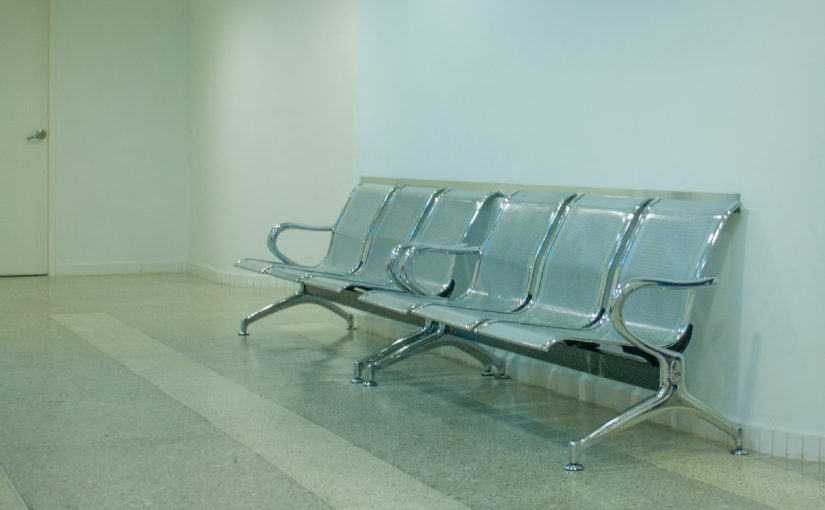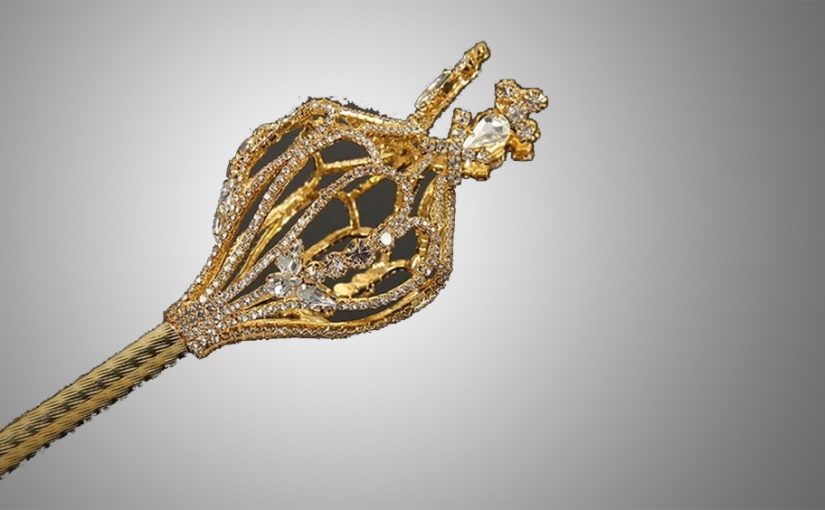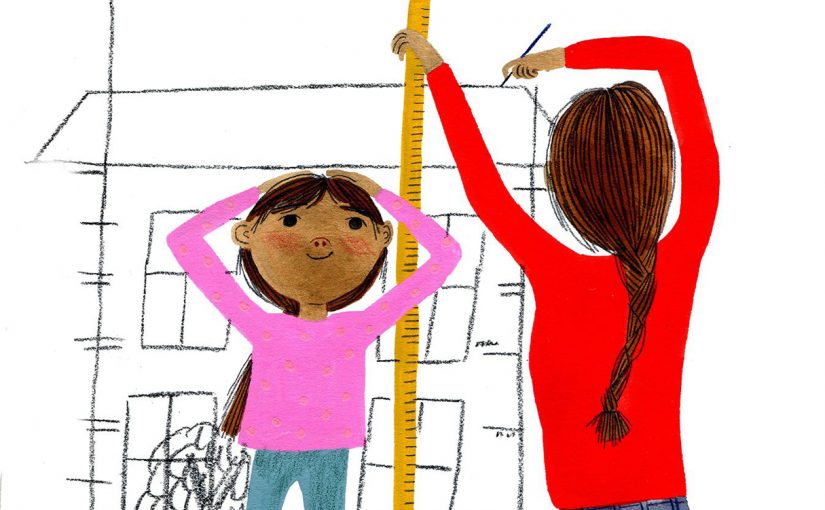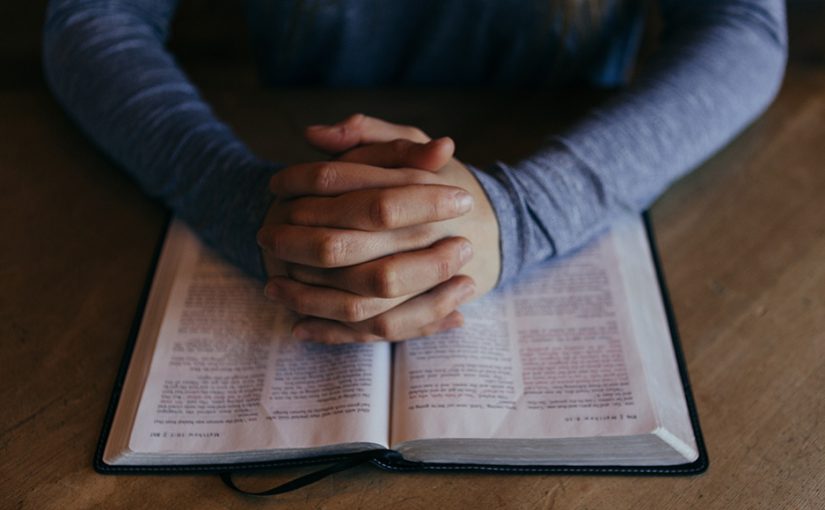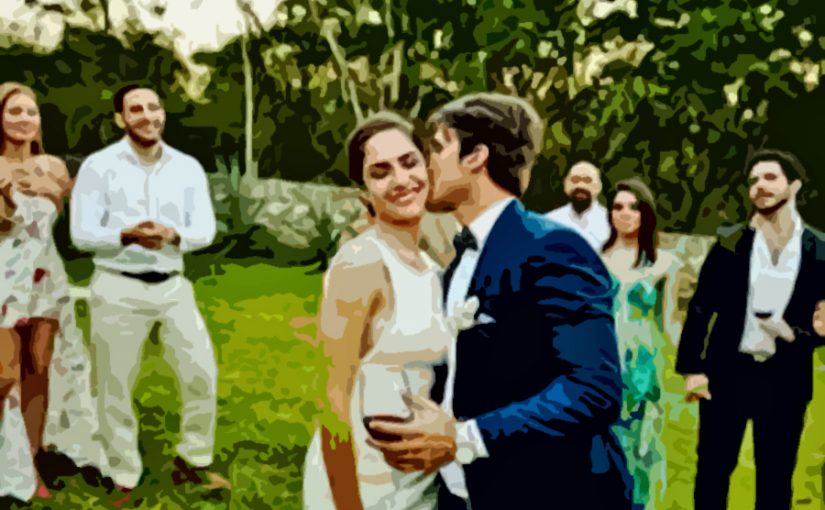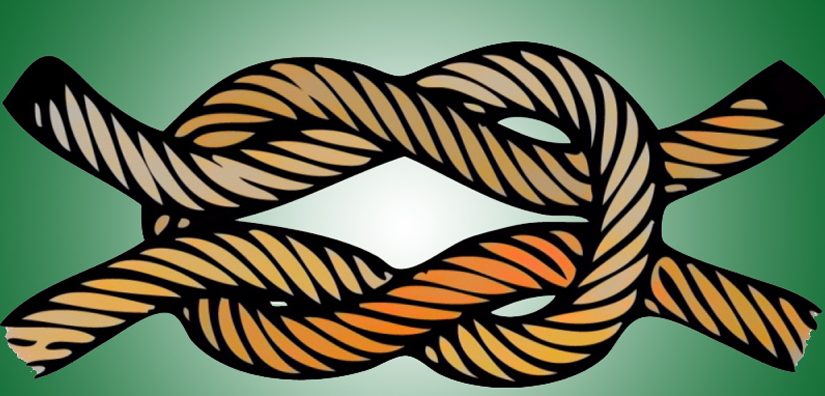A homily for the Fourth Sunday of Advent, Dec. 20, 2020
2 Sm 7:1-5, 8B-12, 14A, 16, Rom 16:25-27, Lk 1:26-38
Have you ever given or received a present marked “Some Assembly Required”?
Or, more accurately: How many times have you given or received a gift marked “Some Assembly Required”?
When we’re the recipient, we’ll sigh, make a snarky joke about “the gift that keeps on giving,” and then set to work putting all the pieces together. Sometimes we’ll even follow the instructions. And sometimes — sometimes — it goes together easily, correctly, with no pieces left over.
In any case, a gift that requires some — or much — assembly also requires some — or, often, much — commitment.



